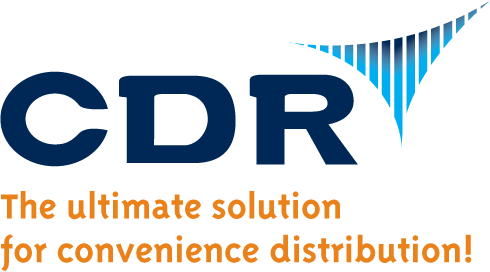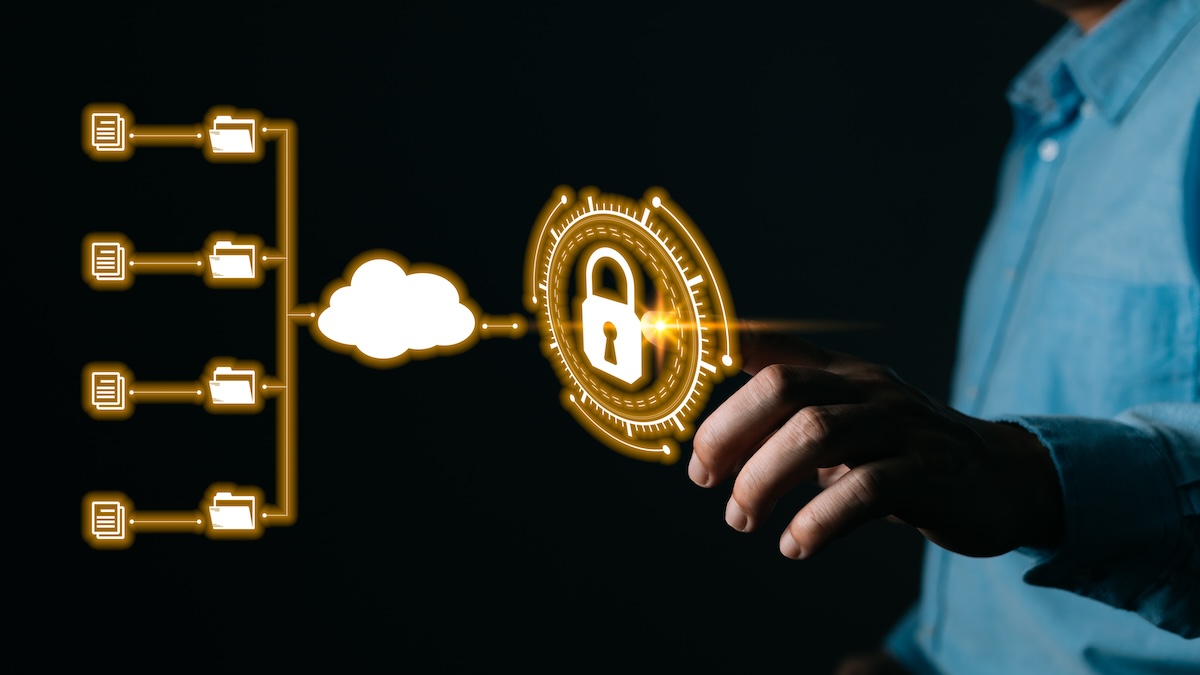Running a convenience distribution business comes with unique challenges, from managing a complex network of suppliers to tracking inventory across multiple locations. In an increasingly digital world, these operations depend heavily on ERP systems to function smoothly. However, as more businesses adopt these systems, they also become prime targets for cyberattacks.
A single data breach can bring operations to a halt, compromise sensitive information, and damage the trust you’ve built with customers and suppliers. For business leaders, protecting these critical systems is no longer just an IT issue—it’s a fundamental part of safeguarding the company’s future.
ERP systems manage everything from financial data to supplier relationships, making ERP cybersecurity a top priority for any distribution business. In this post, we’ll explore the specific threats facing convenience distributors and offer practical strategies for securing your ERP system.
Understanding Cybersecurity Threats in ERP Systems
For convenience distributors, ERP systems centralize vast amounts of sensitive information, making them a high-value target for cybercriminals. Before diving into how to protect these systems, it’s essential to understand the specific cybersecurity threats your ERP system may face.
Common Threats to ERP Systems:
- Phishing and Ransomware Attacks: These attacks often start with a simple email, tricking employees into clicking malicious links or downloading infected files. Once inside your system, hackers can steal or encrypt critical business data, demanding payment to restore access.
- Hacking and Data Breaches: Hackers exploit vulnerabilities in outdated ERP systems, gaining unauthorized access to sensitive information like supplier contracts, customer data, and financial records.
- Insider Threats: Sometimes the threat comes from within. Employees with access to critical data can mishandle information or bypass security protocols, either accidentally or maliciously.
- Outdated Systems: Relying on legacy software without modern security tools can leave your business exposed to threats. Hackers often target older systems because they lack the latest protection against sophisticated attacks.
Specific Risks for Convenience Distributors:
- Managing High Volumes of Transactions and Inventory: Convenience distributors often handle large amounts of data across multiple locations, increasing the risk of exposure to cyber threats at various points of contact.
- Supply Chain Vulnerabilities: With a wide range of vendors and third-party providers, your ERP system must integrate seamlessly, but this also introduces more potential entry points for cyberattacks.
- Regulatory Compliance: Handling regulated products like tobacco and FDA-controlled items means there’s more at stake if a breach occurs. Non-compliance could lead to hefty fines and damage your business’s reputation.
Understanding these risks is the first step to protecting your business. By addressing common vulnerabilities and staying ahead of potential threats, you can safeguard not only your ERP system but the long-term success of your company.

The Impact of Cybersecurity Breaches on Convenience Distributors
Cybersecurity breaches can have a devastating impact on any business, but for convenience distributors, the stakes are particularly high. ERP systems are the nerve center of your operations, managing everything from supplier contracts to sales data. A breach doesn’t just disrupt day-to-day activities—it can result in significant long-term consequences.
Financial Losses:
A cyberattack can lead to significant downtime, halting your distribution and sales operations. For convenience distributors managing time-sensitive products, such as perishable food items, downtime can mean lost sales and wasted inventory. Recovering from a breach often involves hefty costs, from system restoration to legal fees. In many cases, companies are forced to pay ransom demands to regain access to their data, further compounding financial losses.
Reputation Damage:
In the convenience distribution industry, trust is a key part of your relationship with customers and suppliers. A data breach can severely damage your reputation, leading to a loss of trust that may take years to rebuild. Suppliers and customers who rely on your distribution network will be wary of doing business with a company that has experienced a security breach, fearing that their own data may also be compromised.
Legal and Compliance Penalties:
Handling regulated products like tobacco and FDA-controlled items comes with stringent legal requirements. A breach could result in non-compliance with industry-specific regulations, such as FDA standards. Failing to meet these compliance standards due to a cybersecurity issue could lead to fines, lawsuits, and even restrictions on your ability to distribute certain products. This not only impacts your business’s finances but could also result in significant operational disruptions.
By understanding the impact of cybersecurity breaches, convenience distributors can better grasp the importance of investing in robust ERP cybersecurity measures.
Key Cybersecurity Features in ERP Systems
When it comes to protecting your business from cyber threats, ensuring that your ERP system has the right cybersecurity features is critical. The following features are essential for maintaining the security and integrity of your ERP system, especially in the convenience distribution sector.
Data Encryption:
One of the most effective ways to protect sensitive business data is through encryption. Whether the data is at rest or in transit, encryption ensures that even if unauthorized access occurs, the information remains unreadable without the correct decryption key. For convenience distributors handling sensitive customer data, financial records, and supplier contracts, encryption is a must-have feature in any ERP system.
User Authentication and Role-Based Access Control:
Limiting access to your ERP system is critical in preventing unauthorized users from viewing or manipulating sensitive information. Additionally, role-based access control ensures that employees can only access the data and system functions necessary for their roles, reducing the risk of internal breaches.
Audit Trails:
Audit trails provide a detailed log of every action taken within the ERP system, including user logins, data modifications, and file transfers. This feature helps businesses trace any suspicious activity and quickly identify breaches before they escalate. For compliance and security purposes, maintaining an audit trail ensures that you have a clear record of who accessed what data and when, which can be critical in the event of a breach.
Cloud Security:
Many modern ERP systems, including those used by convenience distributors, rely on cloud-based infrastructure to store and process data. Cloud security measures, such as encrypted communications, regular updates, and secure backups, ensure that your data is protected even when stored offsite. Cloud providers typically implement the latest security protocols, which may be more advanced than what a distributor could achieve on their own with on-premise systems.
Ensuring that your ERP system incorporates these cybersecurity features will help safeguard your sensitive business data and protect against potential cyber threats.

Best Practices for Protecting Sensitive Data in ERP Systems
Protecting sensitive business data within your ERP system requires more than just implementing the right features—it also involves adopting cybersecurity best practices to ensure that your system remains secure against evolving threats. Here are some key practices that can help safeguard your ERP system and protect your convenience distribution business from potential breaches.
Regular Software Updates:
One of the easiest yet most overlooked ways to enhance ERP cybersecurity is by ensuring your software is always up to date. Cybercriminals often exploit vulnerabilities in outdated systems. Regular software updates and patches can close these security gaps before they become a problem. For convenience distributors handling high volumes of transactions and managing multiple suppliers, keeping systems up to date is critical to maintaining smooth operations and security.
Employee Training:
Human error is one of the leading causes of cybersecurity breaches. Employees might unintentionally click on phishing links or use weak passwords, opening the door for hackers. Conducting regular cybersecurity training for your team is crucial. Employees should be educated on recognizing phishing attacks, avoiding suspicious links, and maintaining strong password hygiene. Additionally, ensuring that employees understand the importance of adhering to security protocols will minimize the risk of internal breaches.
Backup and Disaster Recovery:
Even with strong security measures in place, it’s important to have a contingency plan in case of a breach. Regularly backing up your data ensures that you can quickly recover critical information if your system is compromised. In addition, implementing a robust disaster recovery plan will help your business minimize downtime and restore operations swiftly. This is especially important for convenience distributors, where delays can disrupt the supply chain and lead to lost revenue.
Vendor Security:
Many convenience distributors rely on third-party vendors to provide services or integrate with their ERP systems. However, these external partnerships can introduce additional cybersecurity risks. It’s crucial to vet your vendors thoroughly and ensure they meet strict security standards. Make sure that any cloud providers or integration partners have strong encryption, security protocols, and a track record of protecting sensitive data.
By adopting these best practices, convenience distributors can enhance the security of their ERP systems and protect against potential threats.

How CDR Software Ensures Top-Notch Security for Convenience Distributors
At CDR Software, we understand the unique challenges faced by convenience distributors, particularly when it comes to managing sensitive data and maintaining compliance with industry regulations. That’s why we’ve built robust security features directly into our DAC ERP system, offering comprehensive protection against cyber threats.
Cybersecurity Features:
CDR Software’s DAC ERP system is equipped with advanced security measures such as:
- End-to-End Encryption: We ensure that sensitive data, including financial records, supplier contracts, and customer information, is protected both in transit and at rest, making it unreadable to unauthorized parties.
- Audit Trails: DAC ERP provides transparency, with logs that track important user actions and system modifications, making it easier to detect and respond to potential security threats.
- Cloud Security: Our cloud-based DAC ERP solution comes with built-in security protocols, including encrypted communications, regular software updates, and secure data backups to protect your business at all times.
Regulatory Compliance:
For convenience distributors, compliance with industry regulations is essential. DAC ERP helps you stay on top of these requirements by offering features that align with regulations related to tobacco and FDA-regulated goods. With our systems, you can rest assured that your data is secure and compliant with all relevant standards.
Ongoing Support and Security Training:
At CDR Software, we believe that cybersecurity isn’t a one-time effort. That’s why we offer ongoing support to ensure that your system stays secure. We provide regular software updates, security patches, and offer training to help your team recognize and respond to emerging threats.
CDR Software is committed to helping convenience distributors protect their business by providing an ERP system that combines cutting-edge technology with industry-specific expertise.
Conclusion: Securing Your ERP System for Future Growth
For convenience distributors, an ERP system is the backbone of daily operations, from managing inventory to supplier relationships and financial data. In today’s digital landscape, ensuring the security of your ERP system is a critical business priority.
Cybersecurity breaches can lead to significant financial losses, legal penalties, and damage to your reputation. By adopting best practices and investing in ERP systems with robust cybersecurity features, you can protect your business from these risks.
CDR Software’s DAC ERP solution is tailored specifically for the convenience distribution industry, offering strong security, compliance, and ongoing support to keep your business safe.
Investing in ERP cybersecurity is about more than just protecting data—it’s about securing your business’s future.
Protect Your Business with DAC ERP
Ready to secure your business against cyber threats? DAC ERP from CDR Software offers industry-leading security features, ensuring your data stays protected and your operations run smoothly. Contact us today for a demo or consultation and take the next step toward a more secure future.


